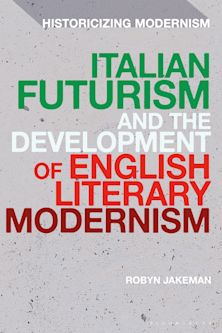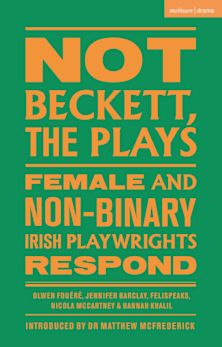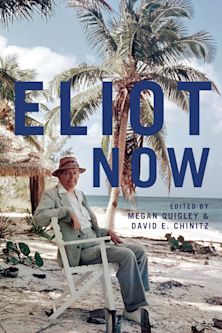Citizens of the World
Adapting in the Eighteenth Century
Citizens of the World
Adapting in the Eighteenth Century
Description
Encounters, whether first or subsequent or whether cultural, economic, or ideological, mark the beginning of an acquaintance and measure both similarities and differences. What happens after an opening encounter is the topic of Citizens of the World: Adaptingin the Eighteenth Century. Taking as its point of embarkation awareness of the mutuality of foreignness—of the unfamiliarity that characterizes all parties to a meeting of the minds, ways, or traditions—this exploratory volume considers the many approaches and strategies to adaptation in the Enlightenment and the long and complex process of reciprocal adjustment that created this enthusiastically outgoing era internationally. The eight essays of this volume examine four varieties of adaptation: the interdisciplinary, in which expanding realms of knowledge collide but cooperate; the transnational, in which longstanding traditions merge and hybridize; the gendered, in which personal identity and public pursuits negotiate; and the general, in which the adapting mentality energizes unprecedented efforts at ingenious recombination. Whether in cast-and-fired pottery or aboard imagined airships, adaptation, the authors in this volume demonstrate, all but defines a century in which the “all but” implies perpetual adjustment to everything else.
Table of Contents
Acknowledgments
Preface: Surviving the Eighteenth Century by Samara Anne Cahill
Introduction: “All manag’d for the best”: Ecology and the Dynamics of Adaptation
by David Fairer
Part I: Interdisciplinary Adaptations
Chapter One: The Elusive Image Rising over the Horizon: Re-contextualizing the Legacy of an Eighteenth-Century Aristocrat by Gilles Massot
Chapter Two: Hot Air and Chilly Welcomes: Accidental Arrivals with Balloons and Airships in the Eighteenth Century and Beyond by Jessika Wichner
Part II: Transnational Adaptations
Chapter Three: Wide Open Hemispheres: Punch Bowls, Punch, and World Citizenship in Eighteenth-Century British Culture by Bärbel Czennia
Chapter Four: “The story is now about us”: Olive Senior to “England’s wealthiest son” by Shirley Chew
Part III: Gendered Adaptations
Chapter Five: Avast Ye Mateys! There Be Pirates Here—But How Will We Recognize Them? by Kathryn Duncan
Chapter Six: Sea and Mulberry: H? Xuân Huong, Nguy?n Du, and the Establishment of a Vietnamese National Literature by Susan Spencer and Nhu Nguyen
Conclusion: The Coziness of Crisis: The Invigorating Enlightenment Art of Adapting to Almost Anything by Kevin L. Cope
Bibliography
Primary Sources
Secondary Sources
Index
About the Contributors
Product details
| Published | 14 May 2015 |
|---|---|
| Format | Ebook (Epub & Mobi) |
| Edition | 1st |
| Extent | 208 |
| ISBN | 9781611486858 |
| Imprint | Bucknell University Press |
| Illustrations | 10 BW Illustrations |
| Series | Transits: Literature, Thought & Culture, 1650–1850 |
| Publisher | Bloomsbury Publishing |



































